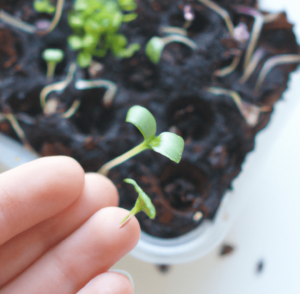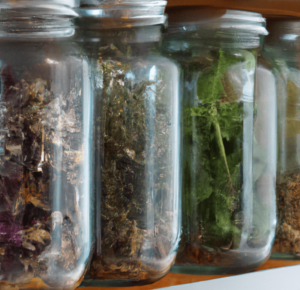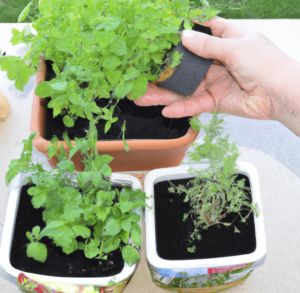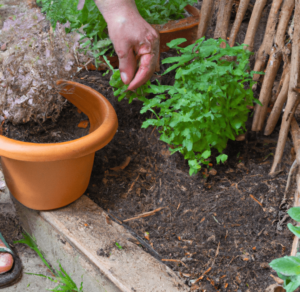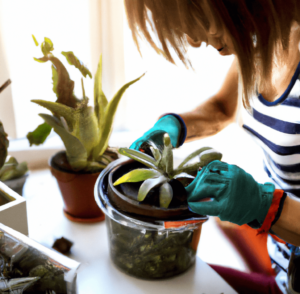Mulching your garden is extremely important. Not only does it retain moisture and keep your soil well-drained, but it also enhances the growth and resilience of your garden beds. If you wish to learn more about mulching, follow our extensive gardening guides at Your Home Your Garden.
There are several different types of mulches. You can get organic or inorganic mulches including bark mulch, wood chips, hardwood mulch, dyed mulch, pine mulch, decomposed mulch, shredded bark, pine bark nuggets, soggy mulch, and others. Each has its own uses and can greatly help in preventing weed seeds, as well as water logging that could lead to root rot otherwise.
Organic mulch varieties can last between 4-6 years but that’s not a hard and fast rule. In fact, there are a variety of factors that could lead to its decomposition and you will need to replenish mulch every 1-2 years. The decomposition process of organic mulch depends on weather conditions, sun exposure, frequency of rain, and of course, the type of mulch you are using.
In this article we discuss the lifespan of different mulches, mulch maintenance, how to replace mulch, and reasons why and how mulch decomposes. If you are growing grass seeds, or planting fruit like strawberries, etc., you’ll see why mulching is so crucial to plant growth. Keep on reading!
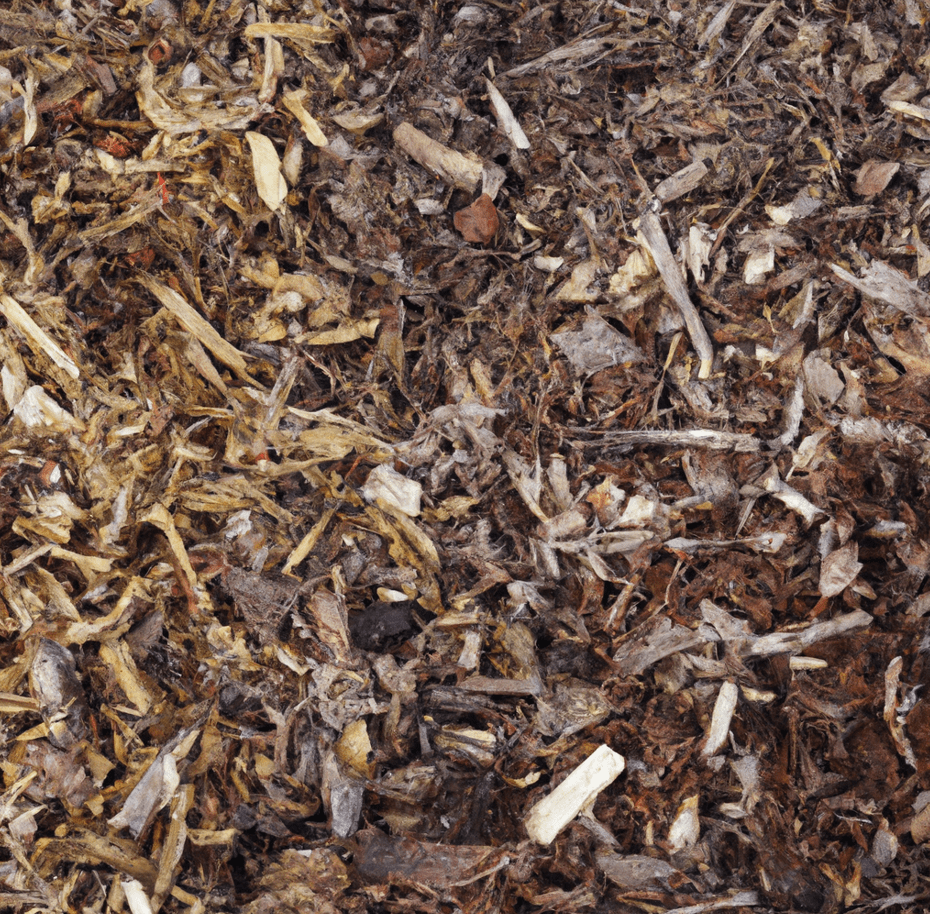
Keep an Eye on the Mulch Color
To check whether your mulch needs replacement, one way to find out is by keeping a check on the mulch color. You may notice a grayish hue on some undyed mulches after a year or a little over. While it may look like it has rotted, it is still effective for the health and growth of your plants. You can replace all the mulch or simply the patches that seem faded.
Dyed, old mulch will retain its color for longer but you must check exactly how the mulch was dyed in the first place to determine if it needs replacement. Cheaper varieties of mulches are mixed with fake, inorganic dyes which can seep into the soil and for this reason, such mulches are replaced every year.
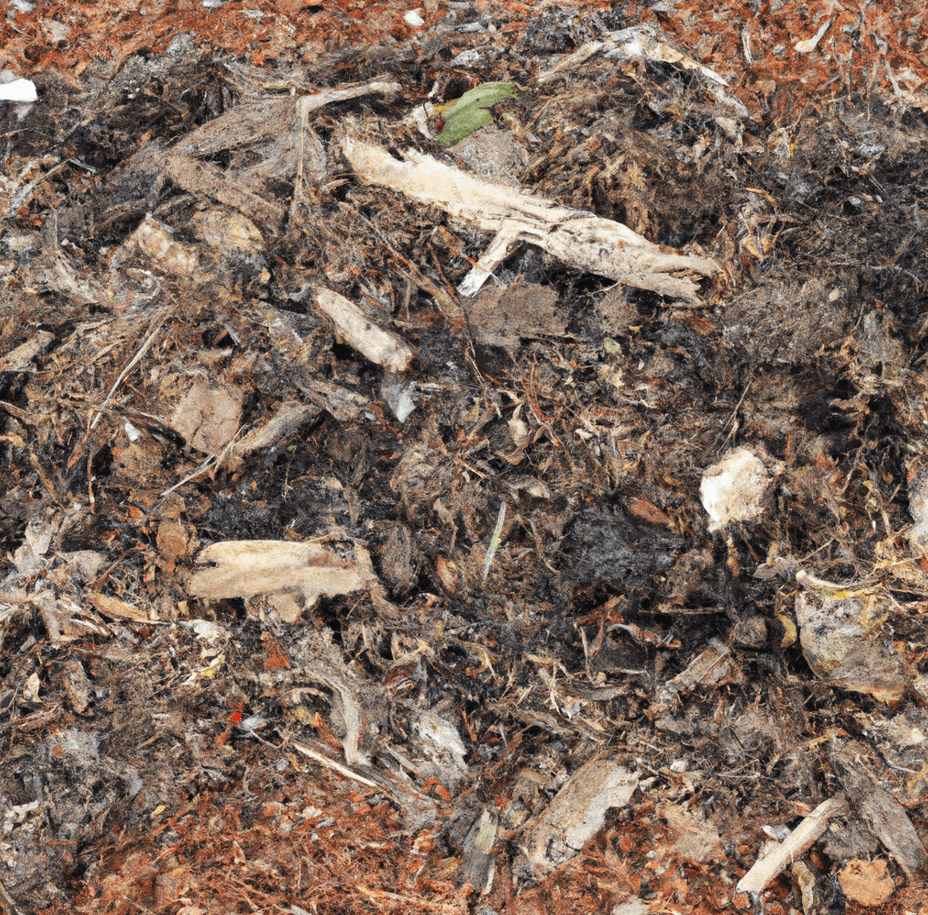
Invest in Undyed, Natural Mulch
Tired of that unappealing gray, faded mulch? Why not consider undyed mulch instead? Dyed mulches will eventually begin to lose their color after a year, and although it is still helping to keep the weed growth in control, and retaining moisture in the soil, it simply looks bad over your garden beds.
This can also be a reason why you feel the need to replace mulch every year. If you want to avoid this additional cost, pick undyed mulches instead. They do not lose their color or fade as dyed mulch does.
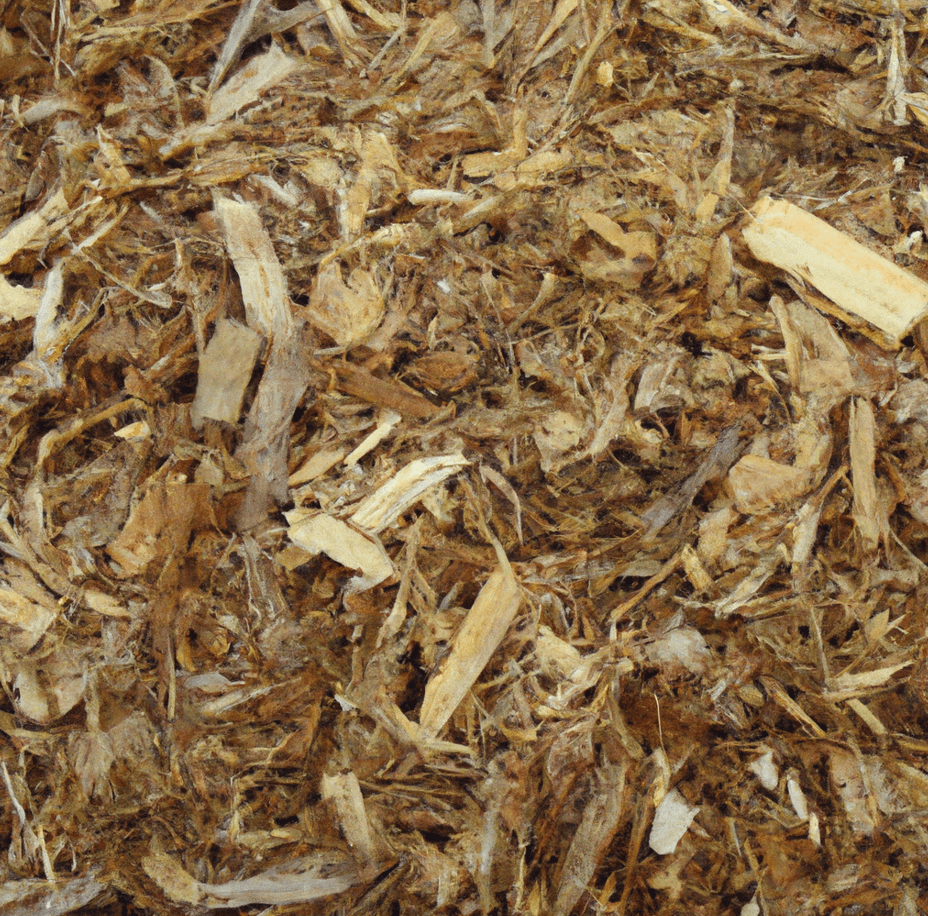
Consider the Mulch Size
The lifespan of your mulch greatly depends on its size. Bark mulch will last longer that wood chips and shredded mulch can be washed away with rain or watering or even fly away with the wind. The smaller the mulch, the more often it may need to be replaced.
Keep in mind that each type of mulch, be it wood chips, shredded mulch, hardwood mulch, tree trunks, pine straw mulch, etc., has its own purpose and unique use. Check which fits the needs of your flower beds first and then proceed in laying mulch.
Consequences of Avoiding or Delaying Mulch Replacement
Whatever type of mulch you use, it will eventually fade and decompose. This means that it longer provides the benefits it once did and should be replaced. If you avoid or delay replacing mulch from your flower or garden beds, then it will have some negative consequences.
Organic mulches provide excellent nutrition as well as protection for your plant roots. It works to retain moisture levels in the soil but as time passes, it reduces in depth and you may notice weed growth and even soil erosion.
Old mulch does more harm than good and as mulch decomposes, it tampers with the spoil’s hydration levels and clears the way for weed growth.
Tips and Tricks for Mulch Maintenance
Low maintenance mulch is usually undyed as it does not leave behind dangerous, inorganic colors that seep through the soil and cause root rot. We recommend investing in Cypress bark or even Cedar bark mulch as they are long-lasting, undyed, and also decompose much slower than other forms of mulches.
Premium quality natural mulch will only require minimal maintenance over the years. Simply make sure that the mulch is 2-3 inches thick and in depth for best results. Too much depth can tamper with healthy air circulation and may even cause water logging, so avoid piling your mulch around the base of trees and other shrubs. It can also cause an insect or rodent invasion.
There isn’t a single time frame after which you should replace your mulch. Instead, it is recommended that you maintain your mulch and replenish it as soon as you start seeing the signs of decomposition, discoloration, etc. With proper care and maintenance, you will most likely have to replace mulch every 5-6 years.
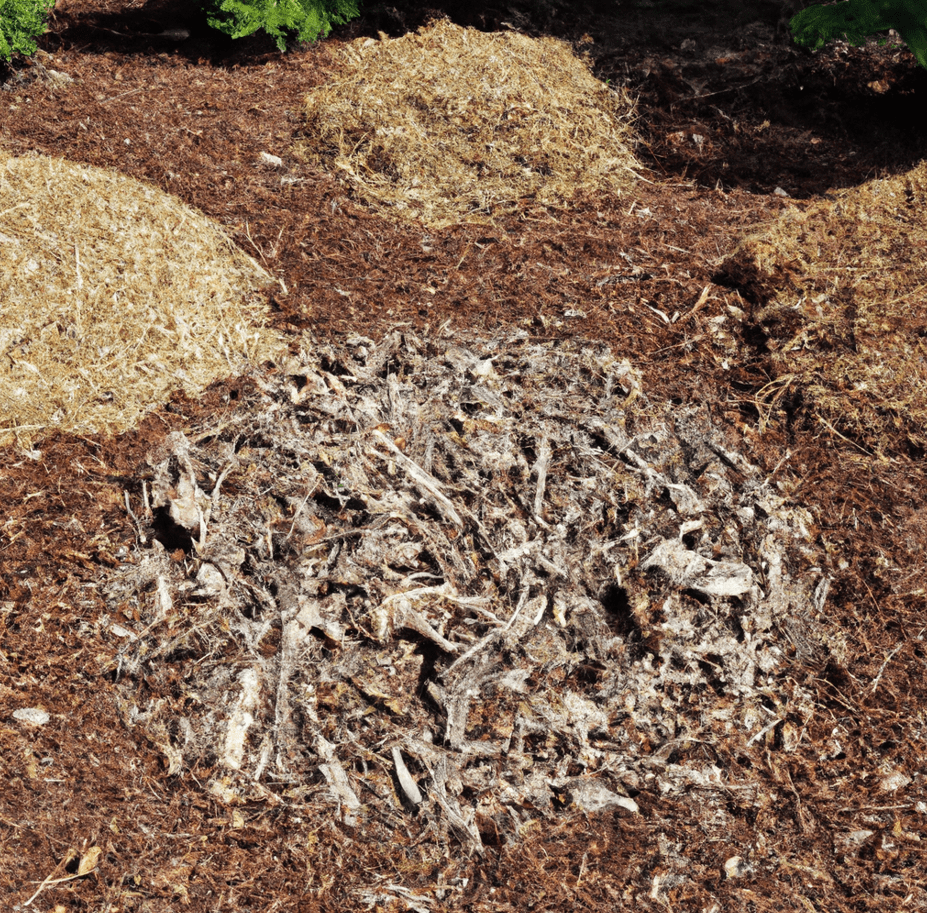
Frequently Asked Questions
What type of mulch lasts the longest?
Mulch that lasts the longest is usually stone, but it does come with its variety of drawbacks as well. Other options also include landscape fabric which acts as a weed barrier and also keeps birds from picking on the new seedlings, plastic mulch and rubber mulch also last much longer.
Does mulch eventually break down?
Yes, all forms of mulch will eventually break down and decompose. Once this happens, it is no longer providing any nutrients to the soil or your plant roots. Decomposition of mulch also leads to a reduction in its depth and unless you remove or replace it, it may begin to cause problems such as soil erosion and weed growth.
Can I put new mulch over old mulch?
Yes, you can put new mulch over old mulch and in fact, this is often recommended after the old mulch sinks down an inch. Replenish mulch and keep it at optimal levels.


